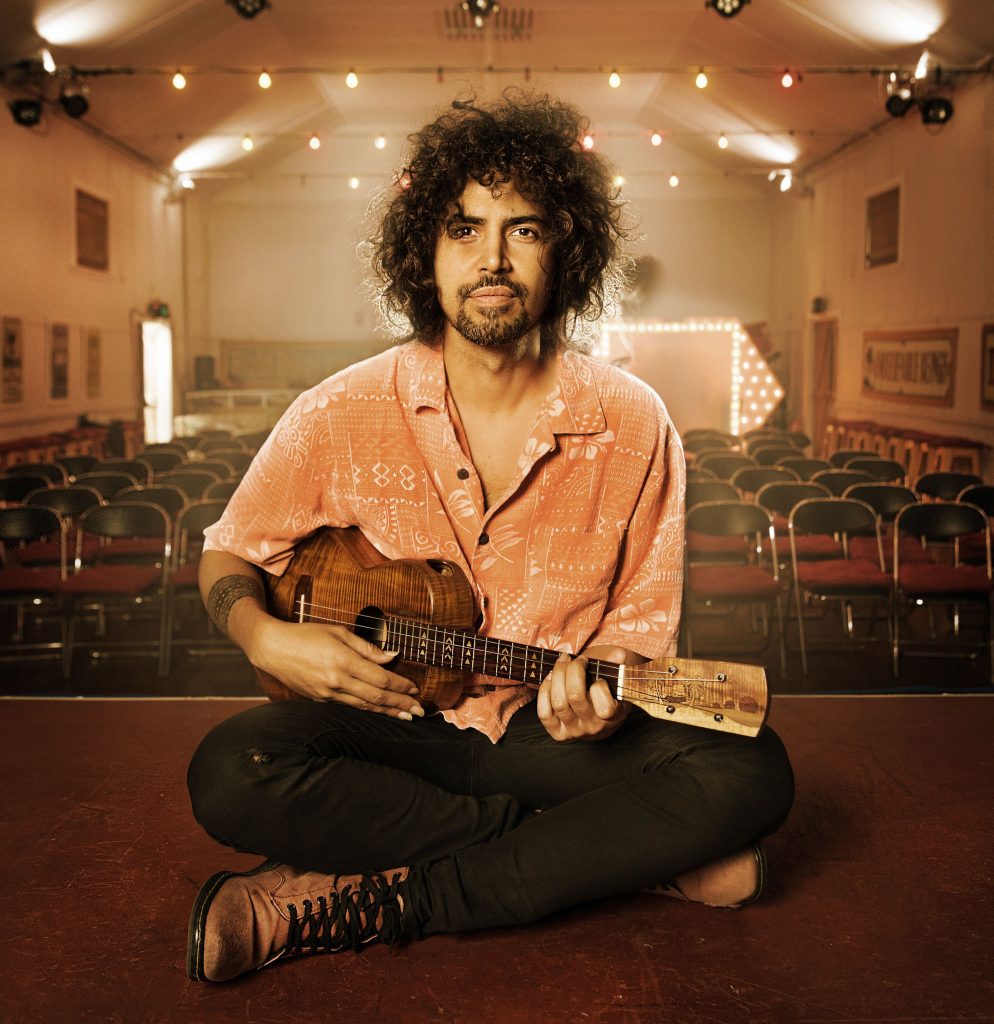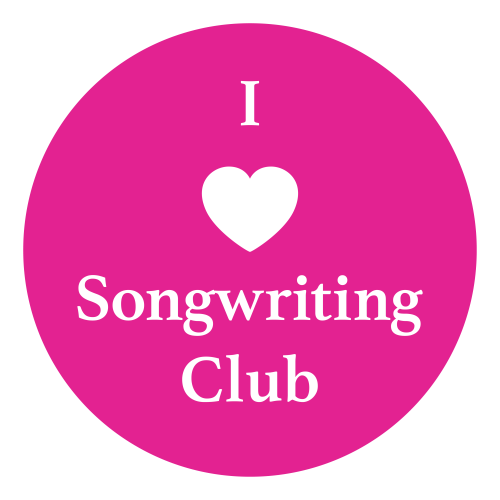Our Top 5 Inspired Tips to Spice Up Your Songwriting Process

Club Member, Anthony Snape
When you’re regularly writing songs, it makes sense that things can get a bit dull in the songwriting room. So each week in I Heart Songwriting Club, we offer our members inspired tips to spice up their songwriting process.
If you want to know how to make songwriting easier, here are a few songwriting tips that we’ve shared in I Heart Songwriting Club over the years:
Tip #1: Start your songwriting process with a brainstorming session
A blank mind and a blank page can feel daunting when you’re getting started. This songwriting tip will start you off with a page filled with useful lyric ideas and rhymes that you can dive straight into:
- Choose a random word (flip through a book and randomly put your finger on a word, or get a friend to give you a word)
- Set a timer for 5 minutes and brainstorm keywords related to this word
- Choose 10 of these keywords, set a timer for 5 minutes and find as many rhymes as you can for each keyword
- Use this page of words to kick-start your song lyrics
Tip #2: Come up with some alternatives to help get unstuck
We all get stuck in songwriting from time to time, but how you move forward is crucial to your success as a songwriter. Are you giving up and walking away, or are you finding tools that you can use to help you move forward?
Here’s a tip we love to use to get unstuck, and it works every time:
Simply create 10 alternatives really fast! If you’re stuck on a lyric, come up with 10 other words at warp level. They don’t even have to be relevant or make sense. They will help you get unstuck so that the idea that you do want will come forward.
If you’re stuck on a chord progression, come up with 10 other options as quickly as you can. This works for any element of songwriting!
When you’re responding quickly, it becomes a bit of a game. You lighten up; you’re less judgmental of your ideas and less attached to the outcome. This is the place where you are open again.
So if you’re getting stuck, the goal is to get unstuck! This tip will help you to do that.

Club member, Bobby Alu
Tip #3: Keep your melody singable and simple
So many songwriters want to know the rules of melody writing and how to find a good melody for a song. Yet, so often, what makes a good melody is simplicity and repetition.
If you’re ‘mapping out’ a melody on your instrument, there’s more of an opportunity to over-complicate the melody. This can be based on the ability of the instrument to traverse complicated melodic patterns with ease, more so than the human singing voice.
The solution here is to simply use your voice. Sing your melody, remove the accompaniment for a moment (and let go of any judgment of your singing voice).
Reflect: is the melody simple, is it repetitive, is it singable? Adapt it accordingly. Then when your melody is created and simple, repetitive, singable, then put accompaniment to it.
Tip #4: Focus on lyrics when the instrumental comes easy
Trained and experienced musicians who have been gigging for years can be really awesome at coming up with killer chord progressions and harmonic ideas but might feel weaker around the melody and lyric writing.
Restrictions can help limit all of the possibilities and allow you to narrow the focus for that particular song. Here’s one way you could use a restriction if you’re strong on chord progressions:
Limit yourself to three chords in the whole song and focus on strengthening other elements of your songwriting.

Club member, Kim Yang
Tip #5: Break away from the same songwriting structure
Do you find you’re always starting with a verse, then going to a pre-chorus, then a chorus? Want to change up your songwriting form and structure?
Why not start with a chorus? The opening moments of “Ain’t No Sunshine” by Bill Withers is the super hooky chorus.
You can also try 32-bar form, as known as AABA form. “Yesterday” by The Beatles is just one example of this form.
Alternatively, you can go one step further and write in AAA form. Bob Dylan’s “Boots of Spanish Leather” is a wonderful example of this form.
These are just some of the tips to improve the songwriting process that we offer up to our members each week in the Club. If you want a starting place for your songwriting, helpful songwriting tips and feedback on all your songs, check out how our Songwriting Courses and The Club can help you have all of that!




